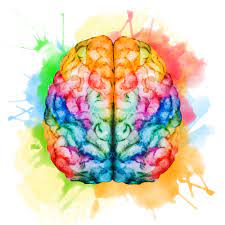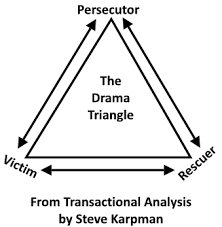Breaking the Silence: Overcoming the Reluctance to Seek Help for Mental Health Issues
Category : Uncategorized
Breaking the Silence: Overcoming the Reluctance to Seek Help for Mental Health Issues
In recent years, the conversation surrounding mental health has gained momentum, yet many individuals still face significant barriers when it comes to seeking help for mental health issues. Despite increased awareness, the reluctance to ask for assistance remains a pervasive issue, rooted in stigma, fear, and societal expectations. Understanding and addressing these barriers is crucial for fostering a culture where mental health is prioritized and supported.
The Stigma Surrounding Mental Health
One of the most significant barriers to seeking help is the stigma associated with mental health issues. Many people fear being judged or labeled as weak or unstable if they admit to struggling. This stigma is deeply ingrained in many cultures and societies, where mental health issues are often misunderstood or minimized. The fear of discrimination can lead individuals to hide their struggles, worsening their conditions and delaying treatment.
Societal Expectations and Self-Reliance
Societal norms often emphasize self-reliance and resilience, particularly in certain communities and cultures. People are taught to handle their problems independently, viewing the need for external help as a failure. This mindset can be particularly detrimental when it comes to mental health, as professional support is often essential for recovery. The pressure to appear strong and self-sufficient can prevent individuals from reaching out, perpetuating a cycle of suffering in silence.
Lack of Awareness and Understanding
Another factor contributing to the reluctance to seek help is a lack of awareness and understanding about mental health. Many people may not recognize the symptoms of mental health conditions or understand the benefits of seeking professional help. Misconceptions about mental health treatment, such as the belief that therapy is only for severe cases or that medication is always necessary, can also deter individuals from seeking assistance.
The Role of Support Systems
Support systems play a crucial role in encouraging individuals to seek help for mental health issues. Friends, family, and community members can provide a safe and non-judgmental space for individuals to express their struggles. By openly discussing mental health and normalizing the act of seeking help, support systems can help break down the barriers of stigma and fear. Educational initiatives and awareness campaigns can also promote understanding and empathy, making it easier for individuals to seek the help they need.
Steps Towards Change
To address the reluctance to seek help, several steps can be taken:
- Promoting Mental Health Education: Increasing awareness about mental health issues and treatment options can help individuals recognize the importance of seeking help. Educational programs in schools, workplaces, and communities can play a vital role in this regard.
- Reducing Stigma: Public campaigns and open conversations about mental health can challenge existing stigmas. Highlighting stories of individuals who have successfully sought help can also provide hope and encouragement.
- Improving Access to Services: Making mental health services more accessible and affordable can remove practical barriers to seeking help. This includes expanding telehealth options and integrating mental health services into primary care.
- Encouraging Open Communication: Creating environments where people feel safe to discuss their mental health without fear of judgment can encourage more individuals to seek help. This requires a collective effort from families, workplaces, and communities.
Conclusion
Overcoming the reluctance to seek help for mental health issues is a complex but necessary task. By addressing stigma, promoting education, and fostering supportive environments, we can create a society where mental health is treated with the same importance as physical health. Everyone deserves the chance to live a mentally healthy life, and asking for help should be seen as a courageous and positive step towards recovery.
For futher help or a free phone conslutation contact me (Adam) HERE














